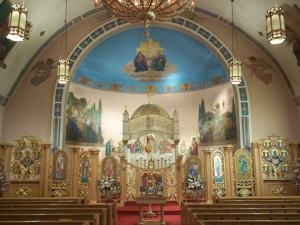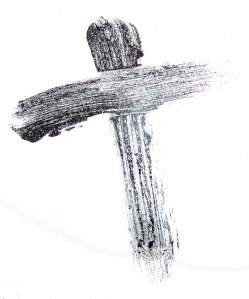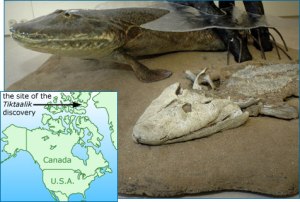The argument assertion goes something like this:
Number 1:
- Evolution has never been directly observed.
- It is based on of a theory created by one man (Darwin).
- Therefore it is not science.
Number 2:
- The probability of the ordered universe emerging out of chaos is infinitesimally small.
- You can’t get the order of the universe without direction.
- Therefore a Designer must have made it that way.
Let’s table the fact that what we see here is a total lack of understanding of what the scientific method is, what a hypothesis is, and how all of those observations and predictions create theories. The scientific method is in itself a process of creating order out of chaos.
If you can stomach it, this fellow goes through the tired assertions of the above argument. Not to mention he is basically calling his atheist interlocutor stupid which is ironic since the supposed atheist seems to understand 5th grade science better than Mr. Feuerstein.
Literal readings developed when both German biblical criticism and science began challenging the construction of knowledge itself. The process by which knowledge is created in ways not related to God gained traction as research based education grew. LIteral readings of the text emerged as a response to the growth of a more or less agnostic presentation of knowledge through science and rationalism, but did so in a strange way. Fundamentalism, and similar evangelical streams of religious thinking, actually made a move to make the bible more scientifically relevant. That is to say, the bible was based in observable fact even more so than science. It is like an epistemological pissing contest.
However, this fundamentalist understanding of knowledge relies on a Baconian scientific system that rooted in pure observation. Science is not in itself the problem. The hypothetical testing process is what, and still does, have the biblical literalist sort in a tizzy. They argue that because you can’t “see” evolution, it is a faith claim and therefore not science. Yet faith in God is formed out of experience and belief in the authority of the bible as a testimony to actual events people witnessed. Because it is authoritative by divine mandate, it is more “factual” and based on “observation.” See how that move works? It argues that a literalist reading of the bible is more scientifically valid than the science of evolution! How’s that for irony.
We should pay attention to how we make sense of the world. Watch how this way of constructing knowledge persists even in post-fundamentalist thinking where the process remains the same, while only the content changes. A kind of self-pity emerges because when one system is destroyed, no alternative means of knowledge construction is there. I call this the depressed liberal. You have new content for what you believe, but you no longer have a viable structure to make sense of all of it and manage it. Thus, the blanket term “postmodern” is thrust upon it as an explanation for something that isn’t even there.
Here is where science and religion converge. Science is an act of refining and making more precise what we know about the world down to the smallest building blocks of nature. The practice of knowing God is a disciplined program where one comes to understand oneself in relation to God down to the smallest fraction of time and through the most mindful of behaviors. In both, a kind of awareness develops about the cosmos and how everything is somehow intelligible and mysterious at the same time.
While Feuerstein and his ilk see this relationship between two understandings of reality as a war, I see it as a dance.




